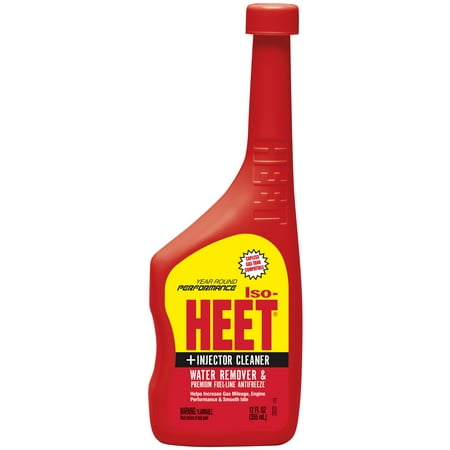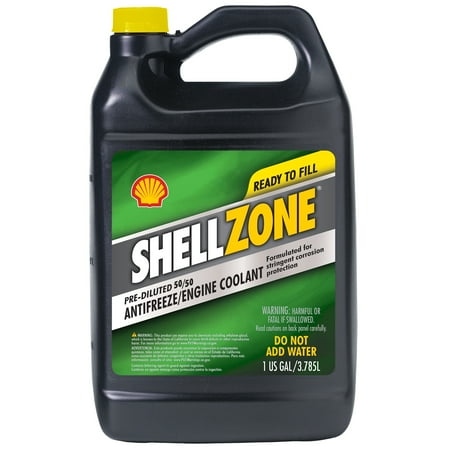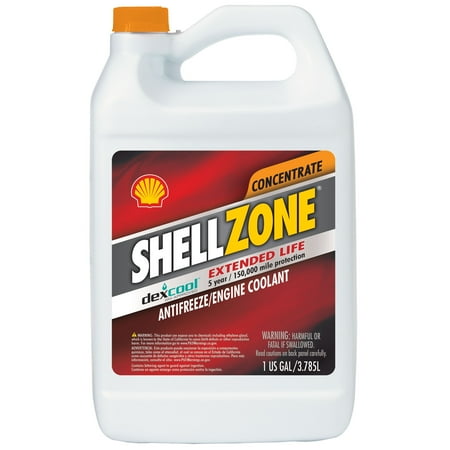Castrol TRANSMAX MERCON V Automatic Transmission Fluid, 1 Quart
Castrol Transmax MERCON V Transmission Fluid is for use in most Ford vehicles. Exceeds all passenger car and light truck manufacturer’s warranty requirements for vehicles, transmissions or power steering service where a MERCON or MERCON V type ATF is specified. Meets or exceeds Ford MERCON V and Ford MERCON Requirements. MERCON V Approved and Licensed by Ford Motor Company.








Enhanced friction durability provides superior transmission life and promotes smooth shiftingExceptional thermal protection guards against transmission wearCertified and approved by Ford for all cars and trucks that require MERCON or MERCON VDo not use this ATF in applications calling for MERCON SP or Type F





Reviews
There are no reviews yet.